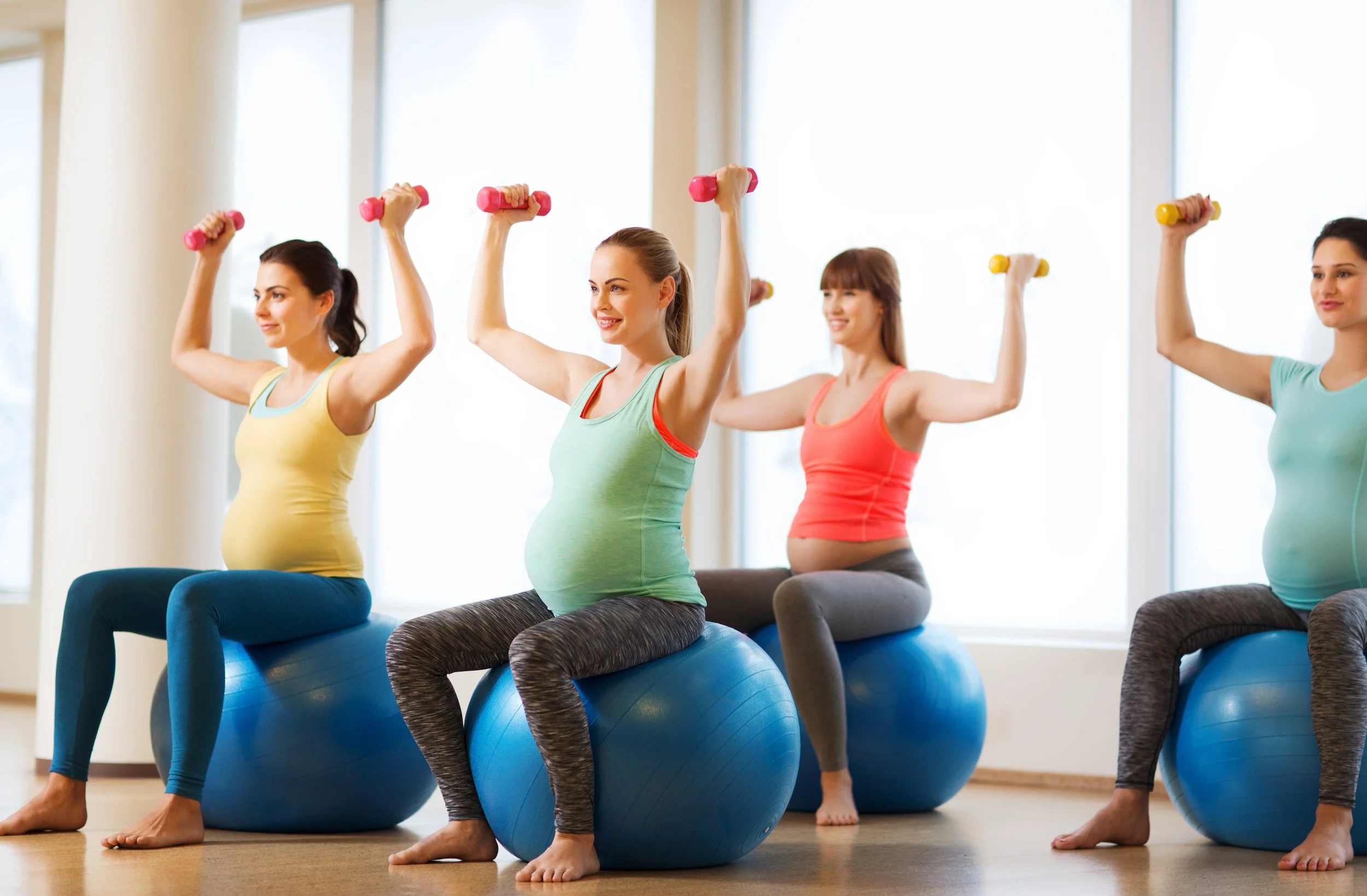10 Benefits of Postpartum Pilates for New Moms
What is postpartum Pilates?
Postpartum Pilates is a modified form of Pilates that is specifically designed to address the physical changes and challenges that new mothers face after childbirth. It includes exercises that focus on restoring core strength, improving posture, and targeting muscles that may have become weakened during pregnancy and childbirth, such as the pelvic floor muscles.
Differences between postpartum Pilates and traditional Pilates
Here are some ways that postpartum Pilates differs from traditional Pilates:
Emphasis on Postpartum Recovery: Postpartum Pilates is designed to help new mothers recover from the physical changes and challenges of pregnancy and childbirth, including addressing issues like diastasis recti and pelvic floor dysfunction.
Focus on Core and Pelvic Floor Muscles: Postpartum Pilates places a strong emphasis on engaging and strengthening the core and pelvic floor muscles, which can become weakened during pregnancy and childbirth.
Modifications for Different Fitness Levels: Postpartum Pilates exercises can be modified to suit different fitness levels and abilities, making it accessible for new mothers who may not have exercised regularly before.
Mind-Body Connection: Postpartum Pilates emphasizes the mind-body connection, with a focus on controlled, mindful movements and deep breathing to promote relaxation and reduce stress.
Adaptation for Breastfeeding: Postpartum Pilates may include modifications for new mothers who are breastfeeding, to address any discomfort or issues that may arise from nursing.
10 Benefits of postpartum Pilates:
Restores Core Strength: Postpartum Pilates targets the abdominal, back, and pelvic floor muscles, which can become weakened during pregnancy and childbirth, to help restore core strength.
Improves Posture: Pilates exercises can help improve posture, which can be especially beneficial for new mothers who may have spent months carrying extra weight and experiencing physical changes.
Increases Flexibility: Pilates exercises promote flexibility, which can help alleviate stiffness and pain that can occur after childbirth.
Promotes Healing: Postpartum Pilates exercises can help promote healing and recovery by engaging and strengthening muscles in the back, neck, and hips.
Reduces Stress: The controlled movements and focus on breathing in Pilates can help reduce stress and promote relaxation.
Helps Prevent Diastasis Recti: Pilates exercises can help prevent or alleviate diastasis recti, a separation of the abdominal muscles that can occur during pregnancy.
Targets Pelvic Floor Muscles: Postpartum Pilates includes exercises to help strengthen the pelvic floor muscles, which can become weakened during pregnancy and childbirth and lead to issues like incontinence.
Improves Balance and Coordination: Pilates exercises can help improve balance and coordination, which can be especially beneficial for new mothers who may be feeling unsteady or off-kilter.
Can Be Modified for Different Fitness Levels: Postpartum Pilates exercises can be modified to suit different fitness levels, so even new mothers who are just starting to exercise can benefit.
Can Be Done at Home: Pilates exercises can be done at home with minimal equipment, making it a convenient option for new mothers who may not have a lot of time or resources to dedicate to exercise.
If you're interested in starting a Pilates practice, it's important to work with a qualified instructor who can help you modify exercises as needed and ensure that you're practicing safely. Consider training with us 1-on-1 here at Pilates Paradise! We would be happy to help you reach your fitness needs. Or subscribe to our membership program today for access to on-demand Pilates workout videos, including specific postpartum core recovery work!




